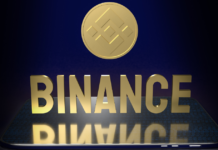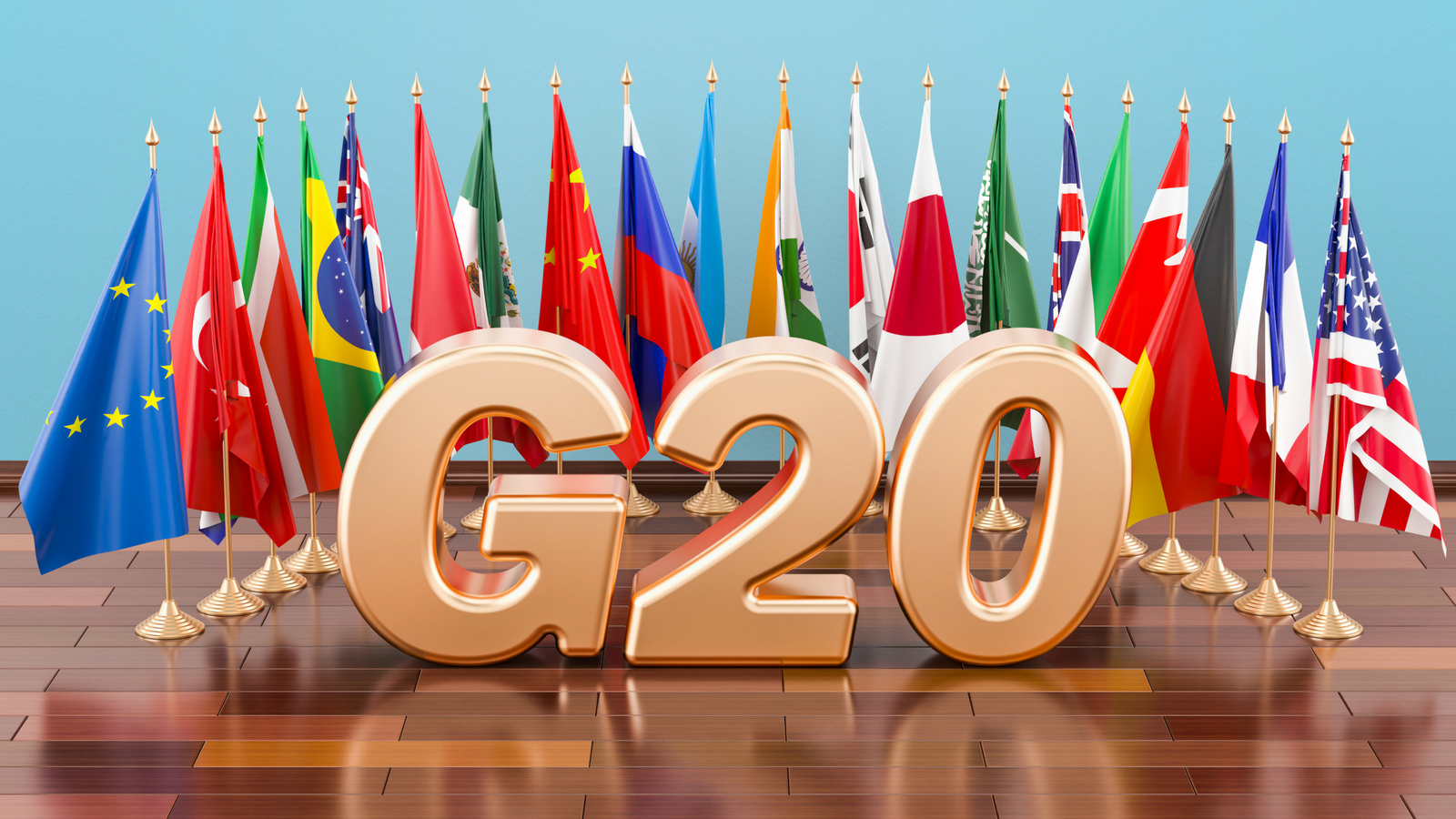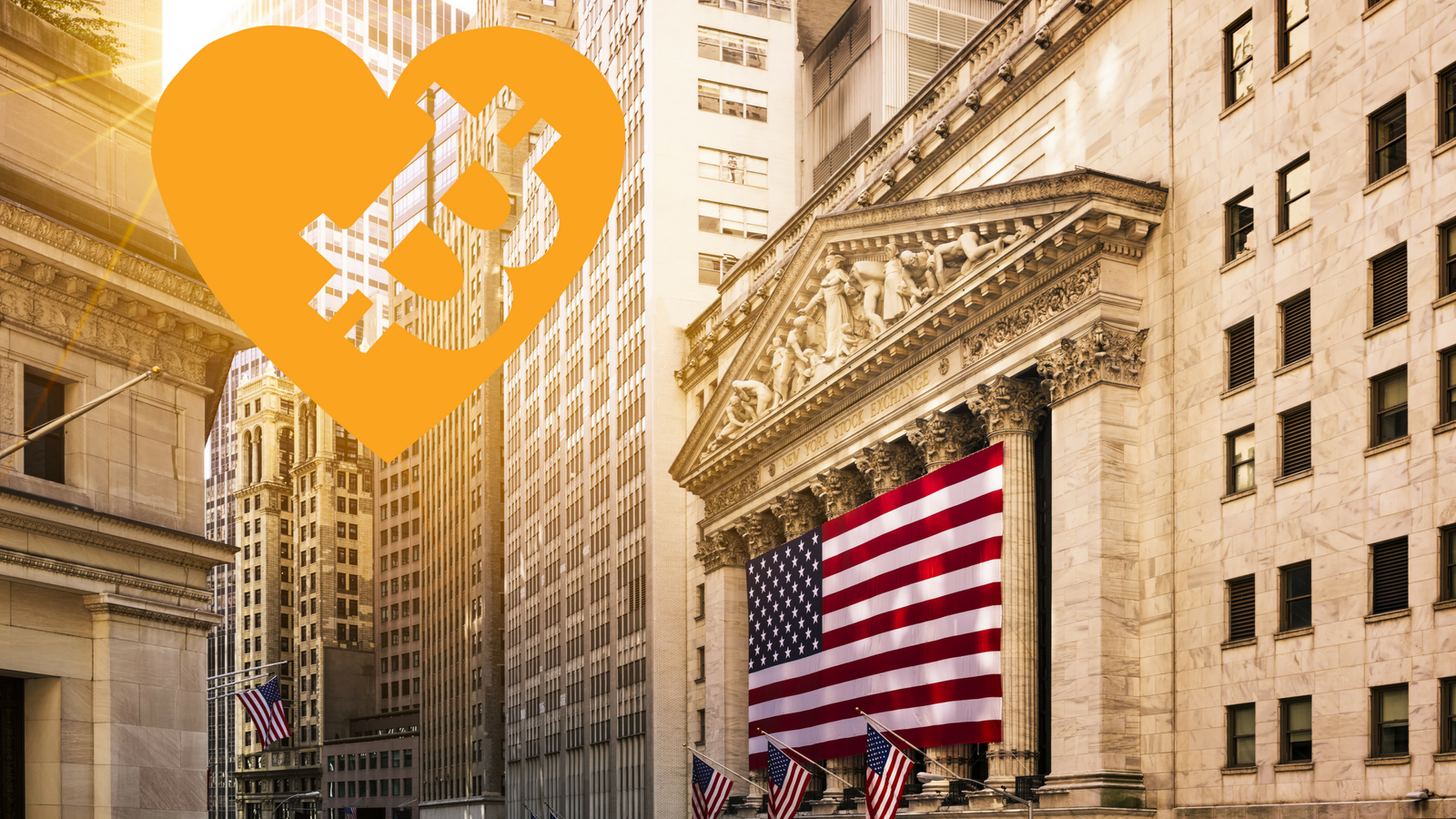The leaders of G20, a group which unites the leading 20 economies in the world, has issued a communique on Sunday entitled “Building consensus for fair and sustainable development.” In it, they promised fair and sustainable development through an agenda that is people-centered, inclusive and forward-looking as well as introducing crypto regulation thus echoing the group’s summer statement.
The latter also promised “strong, sustainable, balanced and inclusive growth” and stressed that the financial system has to remain open, resilient and supportive of growth. The new communique mentions the same concepts and goals and emphasizes its authors’ readiness to tackle “merging risks and vulnerabilities in the financial system; and, through continued regulatory and supervisory cooperation, address fragmentation.”
Cryptocurrencies stand out in this context. However, unlike in the previous communique, the authors do not stress that “they can deliver significant benefits to the financial system and the broader economy.” Instead, they solely state that:
“We will regulate crypto-assets for anti-money laundering and countering the financing of terrorism in line with FATF standards and we will consider other responses as needed.”
The statement, albeit its boldness, does not explain what happened to the pledge that G20 made back in the summer when it promised to review the global anti-money laundering standard on cryptocurrency by October at latest. So far nothing has been disclosed on the matter, even though already in July it emerged that the Financial Stability Board, an international body that monitors and makes recommendations about the global financial system, announced that it had developed a framework to monitor the financial stability implications of the developments in crypto-asset markets. Back then, Nigel Green, CEO of deVere Group commented on FSB’s announcement saying that “cryptocurrencies are the future of money and they are already undeniably part of mainstream finance.”
While it remains to be seen how (and when) exactly the G20 plans to regulate the crypto market, its inclination to recognize it in the first place is encouraging — especially given the current market condition.
It should be noted that another prominent political player like the European Union might also choose to embrace the crypto realm. Hence this September a Brussels-based think-tank advised it to adopt unified cryptocurrency rules as well as looking into how these currencies are distributed and traded. Before that, the Policy Department for Economic, Scientific and Quality of Life Policies published a report “Virtual currencies and central banks monetary policy: challenges ahead,” in which the author recommend not to ignore VCs or attempt to ban them.




























